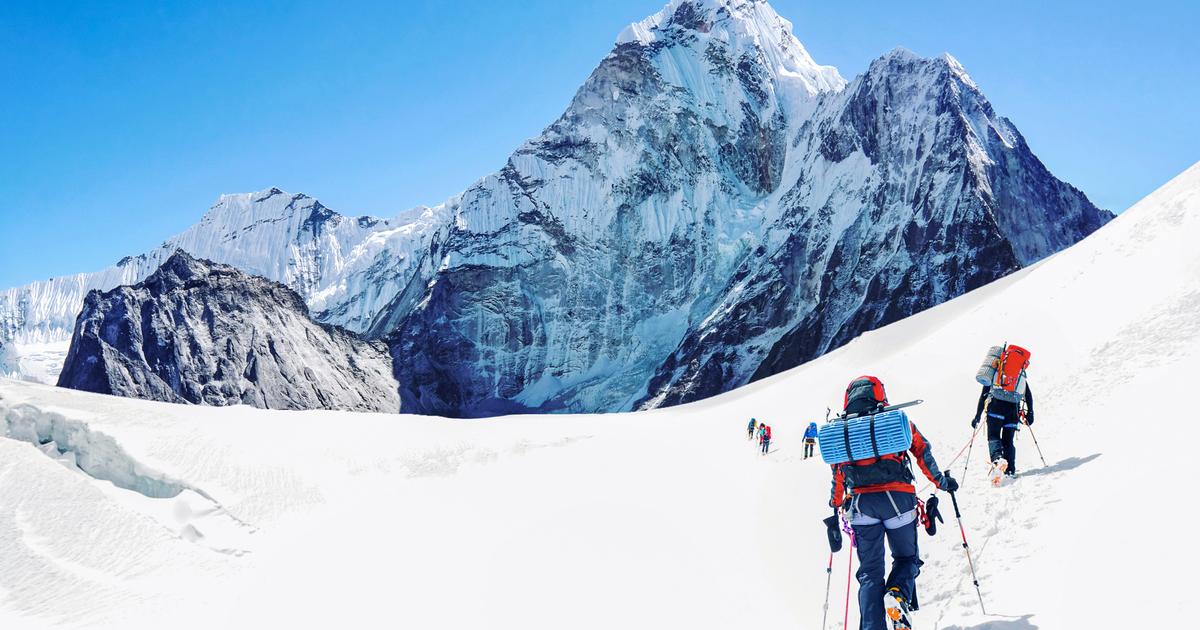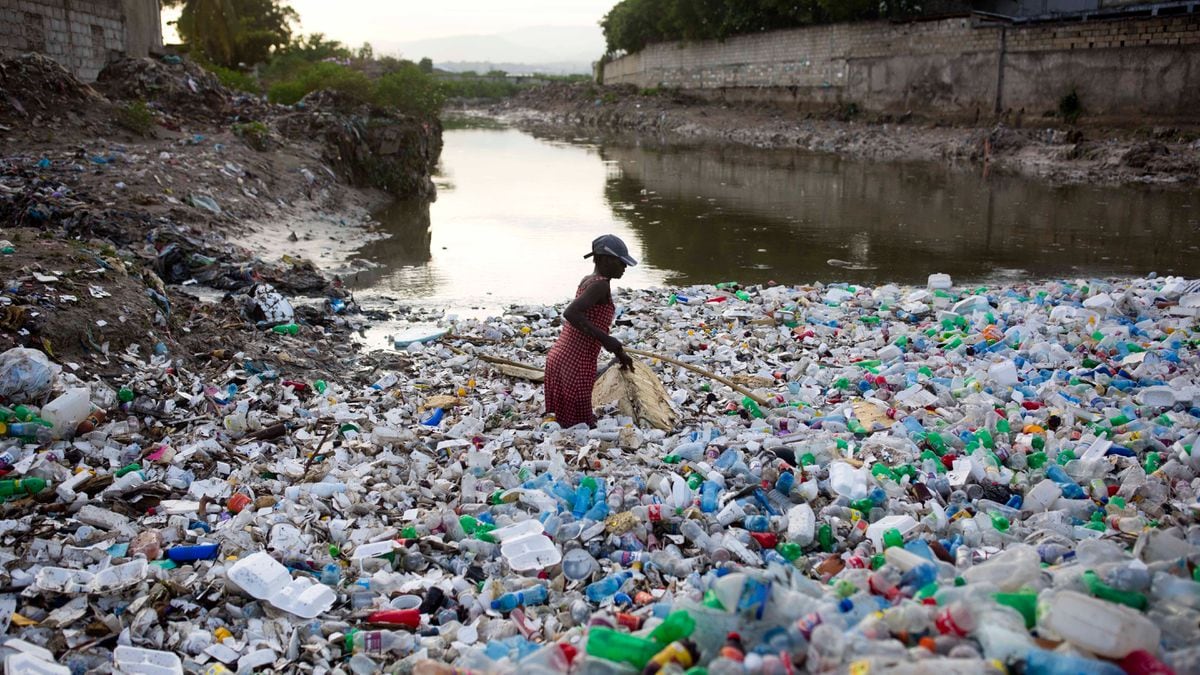Mountains of cans, tents, PVC tubes and bottles: plastic is everywhere, even on the highest peaks in the world. A French explorer and his team have just found 1.6 tons of plastic waste in the Himalayas, while negotiations are opening to try to curb this pollution at the global level.
«
It is a real dump. Behind each rock, there is a lot of oxygen bottle, canned food, tent canvases, shoes, it's really absurd, "says Luc Boisnard from Nepal, returning from a first attempt to climb the Makalu, 8485 meters, where he hopes to climb soon.
The goal of this 53-year-old entrepreneur, a long-time mountaineer, is to clean up the high peaks that for many "have also become gigantic garbage cans". Name of the operation and the association he created around this project: Himalayan Clean-Up.
" READ ALSO Plastic: a colossal and persistent problem
The Makalu expedition, which left at the end of March, is his second after climbing Everest in 2010. In parallel, another member of the association has just come down from Annapurna (8091 m).
From these two ascents, the two men, each helped by a dozen Sherpas, have already brought back 3.7 tons of waste, 45% of which is plastic (1100 kg on the Makalu and 550 kg on the Annapurna).
A new illustration of the omnipresence of this material derived from oil, as the second round of negotiations opens Monday in Paris to try to develop by the end of 2024 a legally binding treaty under the auspices of the United Nations to end plastic pollution.
During his first expedition to the roof of the world, Luc Boisnard had already brought back 1 ton of waste including 550 kg of plastic. Essentially this waste is the remains of mountain expeditions accumulated since 1920, beginning of the opening to tourism of the region. Anxious to lighten their pack - and sometimes also not respectful of the environment - a number of budding climbers voluntarily leave part of their belongings around the base camps or even on the paths leading to the summits. Some "are also thrown into the Himalayan glaciers from where they will only reappear in 200 years," says Mr. Boisnard.
These plastics slowly disintegrate, permanently polluting landscapes but also rivers.








